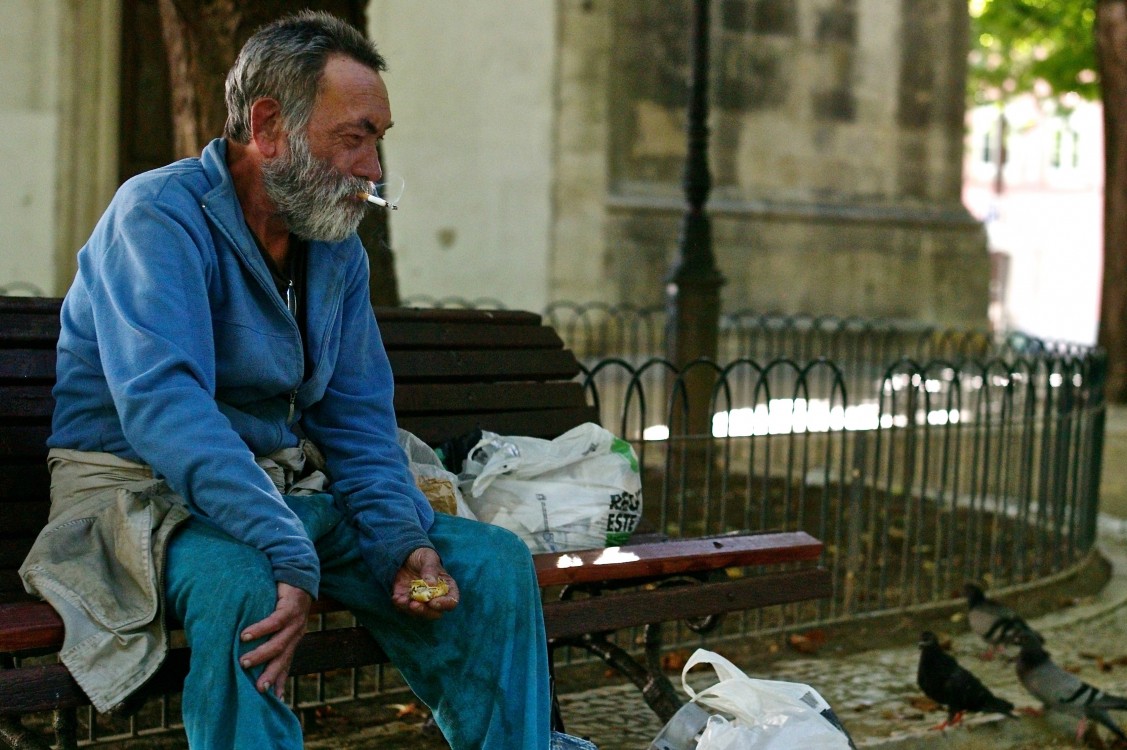
Donald Trump's recent statement about his reluctance to accept a "poor person" in his cabinet caused a stir in the U.S. While many Americans seemed to largely agree with the President's position, the debate once again brought the healthcare crisis to the forefront. Nancy Isenberg, a historian at Louisiana State University, said: "The healthcare bill has a lot more to say about his disregard for the poor and indifference than this comment."
A number of European news outlets mocked President Trump's disregard for his country's working poor, while painting the U.S. as a giant teetering on the edge of a crumbling economy. But the E.U. seems to be headed toward another, even more dire depression.
In late May, following the French and Dutch elections, a survey by Eurostat reflected an optimistic picture of future growth in the Union. Even in the aftermath of Brexit, which was considered a major blow to the E.U. economy, analysts promised clear skies ahead – something that many hoped could also curb the prevailing anti-Union sentiment.
Then, early last month, financial analysts lauded the explosive growth of the Eurozone, claiming that it had outdone the U.S. The European Central Bank predicted that countries like Germany and France would be able to issue bonds worth over 600 billion euros by the end of the year.
By all accounts it would seem that the storm has passed. The E.U. suffered long and hard, endured the departure of one of its most economically sound member-states, and has apparently managed to come out on top, even amid one of the most dire humanitarian crises in recent memory. However, a brief look at some the official reports published by E.U. economists paints a wholly different, less rosy picture.
Things May Get Worse, Not Better
In March 2010, the European Commission published a detailed economic strategy that was intended to rescue the then 80 million citizens of the Eurozone from falling below the poverty line. In a manner reminiscent of the Soviet Union, the Commission extensively defined "poverty" in as loose a terminology as possible, hoping to reduce the number of that population. It also measured income inequality using the wildly fluctuating per-capita incomes of each member-state.
One of the more prevailing definitions used by the European Commission at the time was relative poverty: "People are said to be living in poverty if their income and resources are so inadequate as to preclude them from having a standard of living considered acceptable in the society in which they live. Because of their poverty they may experience multiple disadvantage through unemployment, low income, poor housing, inadequate health care and barriers to lifelong learning, culture, sport and recreation. They are often excluded and marginalized from participating in activities (economic, social and cultural) that are the norm for other people and their access to fundamental rights may be restricted."
The purpose of the strategy was to implement, for lack of a better term, a "glorious 10-year plan" that would lift up the failing economies of the less developed or ailing member-states, encourage mobility within the Union and enable those 80 million citizens to be lifted above the poverty line. In 2017, the strategy was given a new, thorough assessment by Bruegel, a Brussels-based economic think-tank, which revealed that it not only failed to achieve its goal (an understandable outcome under the circumstances) but also increased the number of E.U. citizens risking poverty almost threefold.
As of June, the European Commission website stated that more than 240 million people now live on the poverty line (around one-third of the E.U. population), with a full 9 percent of citizens suffering from deprivation. That doesn't factor in the considerable population of refugees and other marginalized communities such as the Roma, or the desperate populations of underdeveloped areas in countries like Romania.
So where does all this leave the E.U.'s poor? According to predictions, financial troubles will escalate the already growing trend of social exclusion affecting women, single parents, immigrants and others in the E.U. for years to come. Already, E.U. citizens are choosing to abandon higher education in favor of steady employment. In countries like Greece, Macedonia and other member-states with expansive rural areas, the exodus of able-bodied young people combined with an aging population will lead to a long-term economic drain from which they may never recover.
One option, then, becomes painfully apparent: if the European Union is planning to survive this newer, coming depression that's just around the corner, it needs to develop policies that don't just serve the interests of Germany and other more economically sound member-states. A new course must be charted, one that can put a stop to the next big crash. Otherwise, the new wave of impoverished huddled masses to emerge won't bother with pointless rightwing rhetoric – they will simply turn to explosive extremism.
3 WAYS TO SHOW YOUR SUPPORT
- Log in to post comments












